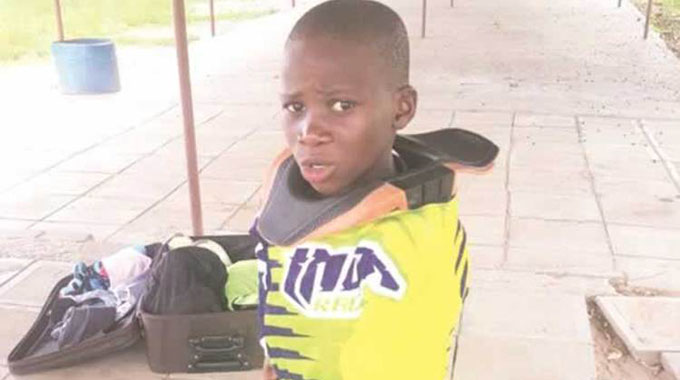High costs take toll on Carousel

Prosper Ndlovu recently in Gaborone, BOTSWANA
A combination of escalating production costs and ageing machinery has eroded the viability of Edgars Stores’ manufacturing unit, Carousel, resulting in the business trimming its workforce to about 400 from a peak of 1 500.
Although the company still produces high quality products with a bit of export component, sales and planning manager Mr Tich Jekecha says urgent attention is needed to replace old equipment so as to attain desired competences for the modern business.
“We still do quality products, even better than South Africa. But our major challenge is the price competitiveness as a result of high costs,” he said in an interview on the sidelines of the Botswana Global Expo in Gaborone, where the business participated last week.
“Our costs are on the high side, even for exports, and there is the issue of inefficient machinery. Our machinery is outdated and we still want to manually retain processes like putting loops and pockets that could be done faster by modern machinery. So, all these inefficiencies add to costs and delays.”
Out of the three factory units that the company has in Bulawayo, two have been closed in the past few years and only one is operational, Mr Jekecha added.
“We have turned one of our factory units into a warehouse for Edgars and machinery is lying idle. As a result, we have scaled down operations and reduced our staff from 1 500 to about 400,which is less than a third of our capacity. If business improved we hope to expand again.”
Mr Jekecha said the plight of their business has recently been exacerbated by the crippling power cuts, which have seen the company losing critical production time, which affects the ability to meet set targets and client orders.
While there are plans to buy generators and invest in solar as a stop gap measure, he said that route was equally a daunting task because of the challenges the country faces with accessing foreign currency. The business also struggles with buying fabrics, which are a critical raw material and a majority have to be imported.
“We import fabric from India and China and use less from local supplier because of quality issues. We also import zips and buttons because these are not available locally,” said Mr Jekecha.
He, however, said the business was hopeful for improved prospects and was already working on modalities to tame some of the inefficiencies.











Comments